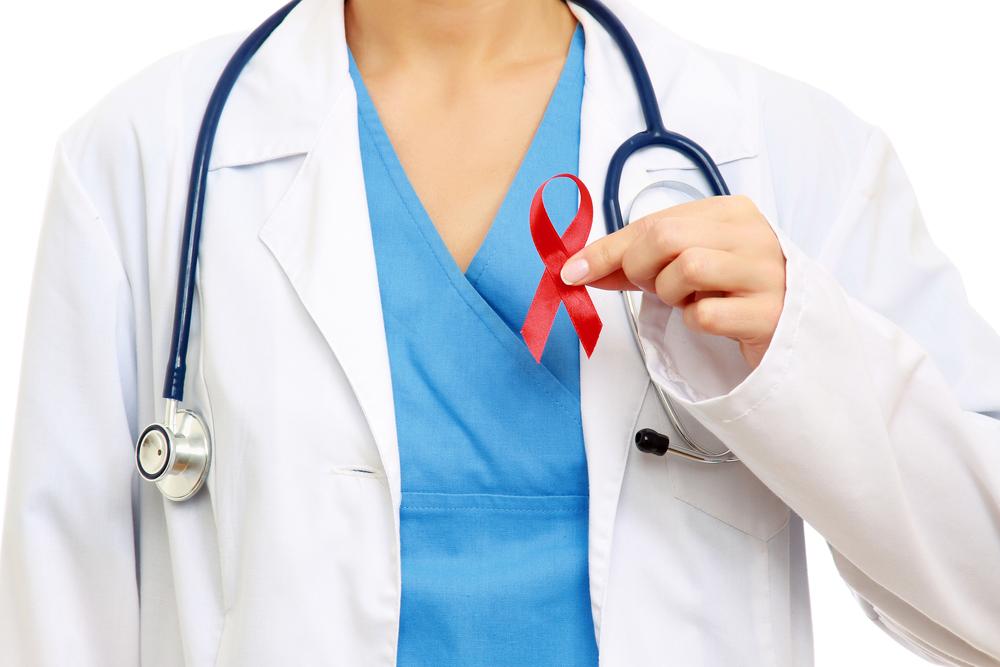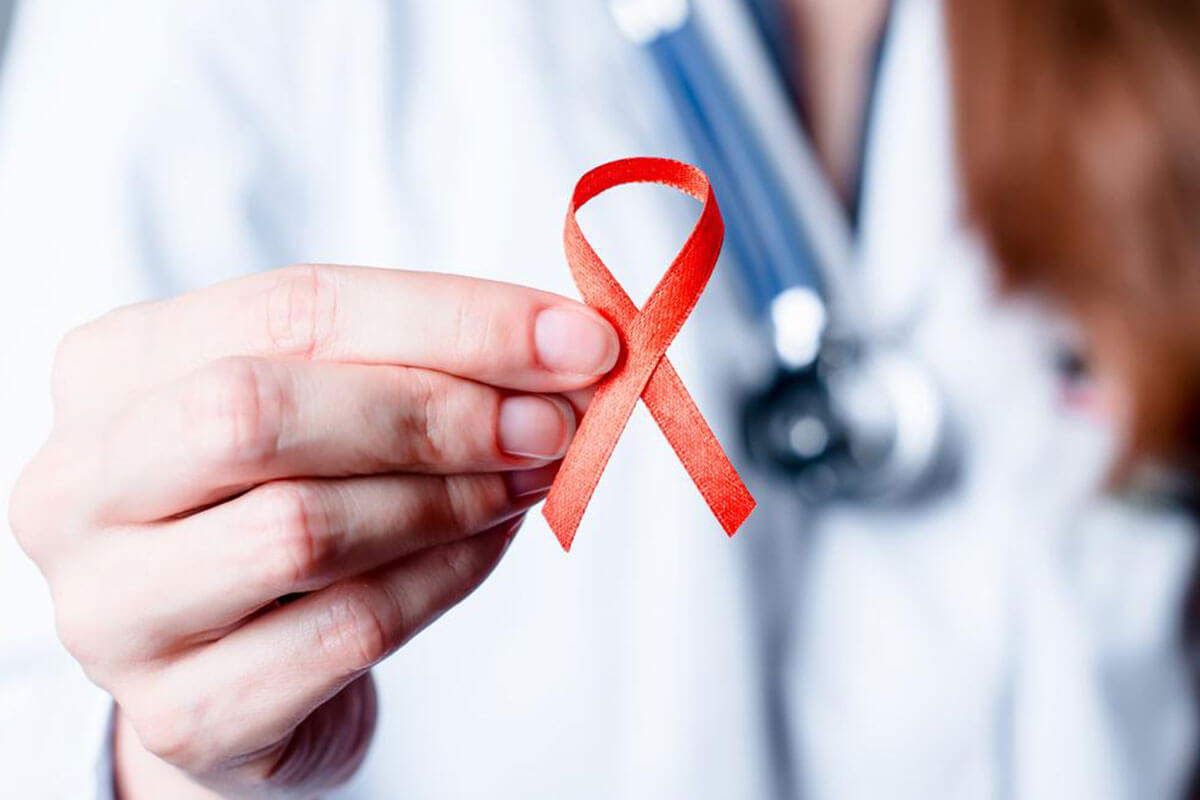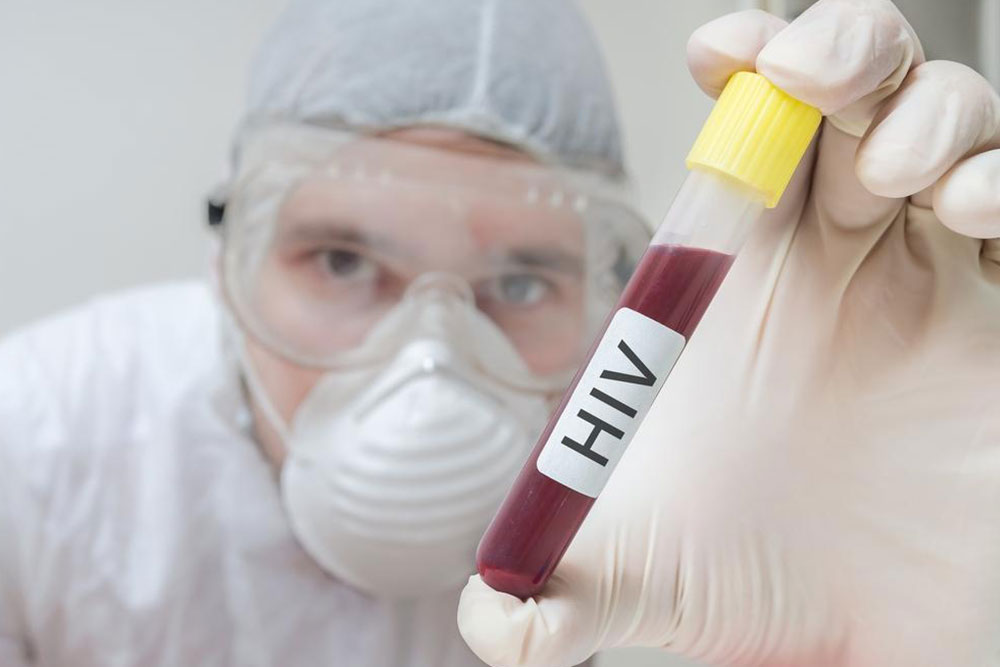Causes, Symptoms, and Treatment of HIV
The human immunodeficiency virus (HIV) resides in the sexual fluid, breast milk, and blood of an infected person. If HIV is kept untreated for years, it gradually gets transformed into AIDS. HIV generally interferes with the defense mechanism of the body, leading to the development of acquired immune deficiency syndrome, also popularly known as AIDS. It is a contiguous disease that spreads if the body fluids of the affected person are shared with a normal individual.

There are two dominating strains of HIV that are responsible to cause AIDS, they are HIV-1 and HIV-2.
- HIV-1 was the one that was first encountered, and it is the most common type that causes AIDS. It harbors predominant subtypes of the virus that causes AIDS. It comprises groups O, N, and P.
- HIV-2 is present in a smaller area that is considered to originate from West Africa. It takes longer to cause AIDS with this strain of the virus.
Despite being communicable, the disease cannot spread through casual contact, urine, saliva, tears, or sweat as the virus cannot live long in such an external medium.
What are the Various Causes of HIV?
- HIV destroys the normal functioning of the immune system. This is caused by the level of CD4 T cells that interlinks the innate and adaptive immunity drops down.
- It can be caused by unprotected sexual intercourse with a person having AIDS. The vaginal fluid, oral secretion, semen, and the anal secretion have an enormous amount of causative agent.
- Blood transfusions can also cause AIDS. It is when the blood banks in the hospitals are in the process of collecting and storing blood without screening for AIDS.
- Non-sterilized needles in syringes previously used by an HIV positive patient may also develop high chances of AIDS.
- It can be transmitted to the developing fetus or during breastfeeding if the mother is HIV positive. This means that the child will be born with the weak immune system due to AIDS.
What are the Various Symptoms of HIV?
- The HIV patients generally are prone to a flu-like illness with several episodes of recurring fever. This may be supplemented with a severe headache, sore throat, and rash.
- There may be a weakness in the joints and there may be various instances of joint pain and muscle aches.
- There can be oral infections associated with diarrhea.
- Unexplained appetite and weight loss are some other symptoms that appear.
- There are lesions in the tongue and mouth.
- The primary sign of HIV includes swollen lymph nodes.
How Can One Get HIV treated?
There are many medicines that are developed to help with the treatment of HIV:
- Protease inhibitors are a class of medications that interfere with the protein that is utilized by the virus to proliferate.
- The entry inhibitors are used so that the virus is incapable of fusing with the CD4 T cells.
- The integrase inhibitor is another class of drug that restricts the genetic materials to get transformed into the T cells of the immune system.
- Some intermediates of the reverse transcriptase are blocked so that the genetic material of the HIV virus is not formed. This will restrict the growth of the virus which will ultimately evade.
- A nucleotide that blocks the reverse transcriptase pathway is some of the faulty genes that will not allow the replication of the virus.




